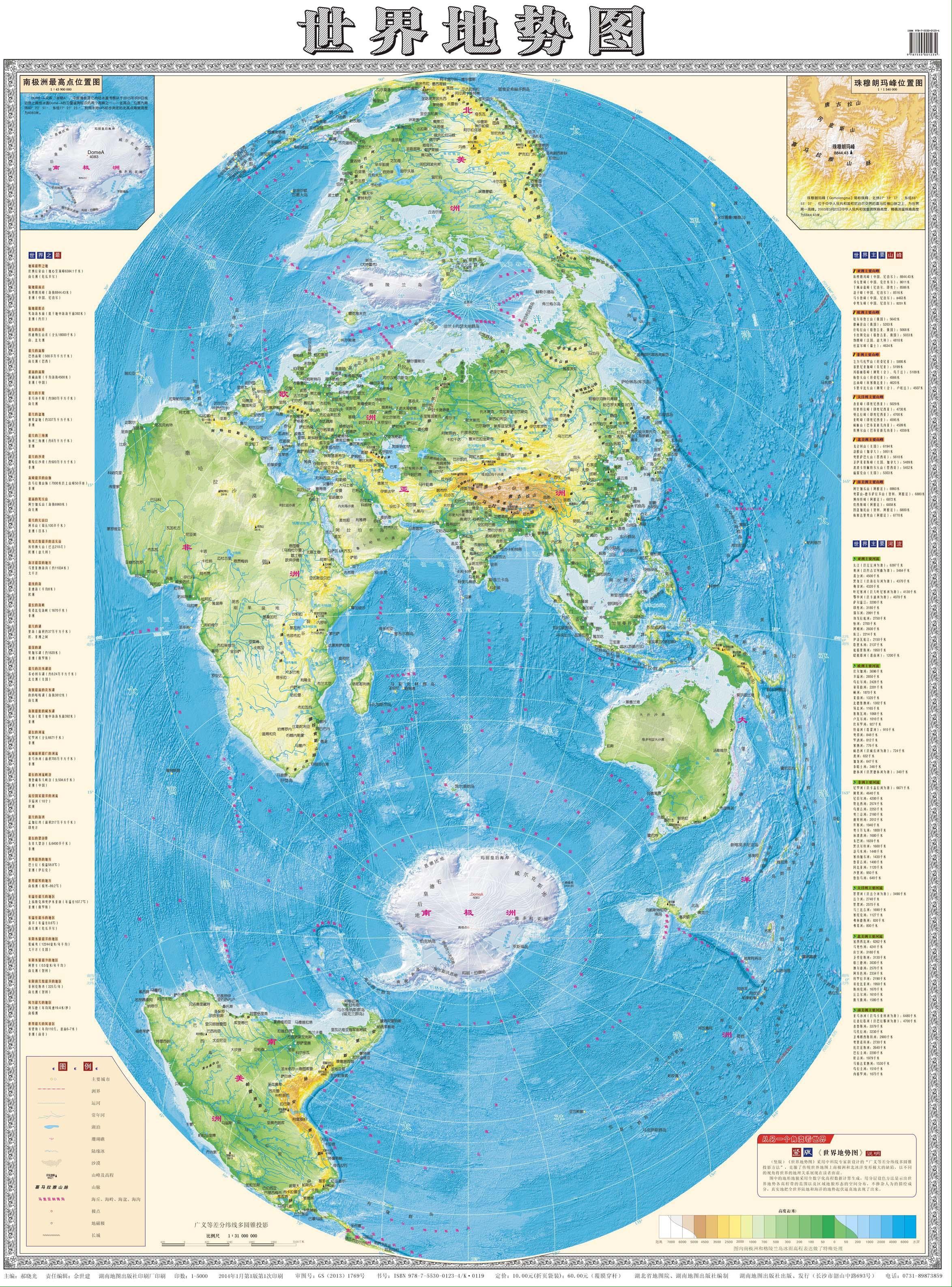this post was submitted on 29 Jul 2024
522 points (97.5% liked)
Map Enthusiasts
3491 readers
8 users here now
For the map enthused!
Rules:
-
post relevant content: interesting, informative, and/or pretty maps
-
be nice
founded 2 years ago
MODERATORS
you are viewing a single comment's thread
view the rest of the comments
view the rest of the comments

It's not what I was thinking of, but that is an often used coordinate transform too.
Schwarzschild coordinates, which you use to derive the solution for a basic gravity well around a non-rotating spherically symmetric body, take the form of spherical coordinates plus time, and so inherit coordinate singularities at the poles of each "layer". I don't know which ones they're referring to exactly, but apparently some systems commonly used for studying space asymptotically far away from a black hole create singularities across the whole event horizon, which is actually a pretty normal patch of space. In this case it's not inevitable, though; Kruskal–Szekeres coordinates allow the entire black hole to be represented smoothly, obviously excluding the actual physical singularity. In other cases (like a normal 2D sphere) every coordinate system must have at least one coordinate singularity.
This isn't my specialty, but every Wikipedia article on differential geometry is loaded with information which objects translate between coordinate systems safely and how, so it's fair to say it's a big deal.